TORONTO – With a smart and entertaining script by Tom Stoppard and vital contributions from his creative team, Joe Wright has rendered a sumptuous film version of “Anna Karenina” starring Keira Knightley (pictured) that will cause a rush on sales of Leo Tolstoy 1870’s novel.
The film is so gorgeous and the music so perfect that the Motion Picture Academy might as well give composer Dario Marianelli (Wright’s “Atonement”) his second Oscar now, and cinematographer Seamus McGarvey, production designer Sarah Greenwood, and costume designer Jacqueline Durran (all nominated for “Atonement”) will be right there with him.
The tragic love story lends itself to a tale of “Dr. Zhivago” epic proportions but Wright and Stoppard have elected to spin their yarn from the fabric of the theatre. It’s that rare time when budgetary considerations result in artistic triumph as Stoppard stays faithful to the original story in inventive ways.
The early scenes take place within the confines of a theatre including the stage and backstage areas. Soon, like a fireside story that transports a reader, it surges out into wondrous landscapes, impossibly attractive buildings, and lavish halls and ballrooms.
Rooted in theatricality, the film’s use of model trains and sets fuels the imagination so that when a scene cuts suddenly to a close-up of Knightley as Anna on a train, her beauty and the sigh-inducing elegance of her clothes take your breath away.
It’s the third Joe Wright film to star Knightley and the collaboration obviously is very good for them. The actress has never looked more radiantly beautiful than she does in “Anna Karenina” but now she is more womanly where before she always seemed like a girl.
It appears quite proper that she should succeed former screen sirens Greta Garbo and Vivien Leigh in the title role of a wife and mother who succumbs to the temptation of a young man whom she finds wildly romantic.
Aaron Taylor-Johnson (“Kick-Ass”) plays the handsome soldier Count Vronsky, who encounters Anna at a snowy train station and is smitten instantly, and Jude Law plays Anna’s sedate older husband. Taylor-Johnson is barely into his 20s and in this, Wright has opted to follow the 1947 Leigh film in which Vronsky was played by a very young Kieron Moore.
Garbo had Fredric March, who was in his late 30s, as was Sean Bean in the 1997 version that starred Sophie Marceau in the title role. But with Knightley not yet 30 and the 40-year-old Law playing much older, it seems reasonable that Anna would be attracted to a dashing soldier even if he is callow, as Tolstoy wrote.
Matthew Macfadyen steals every scene he’s in as Anna’s cheerfully unrepentant hedonist brother and Kelly Macdonald portrays his wife’s sadness and forgiveness effectively. Domhnall Gleeson and Alicia Vikander grow increasingly appealing as an earnest young landowner and the young beauty he wishes to wed.
Wright contrasts cleverly Knightley’s remarkable stillness in many shots with her sudden energy as her passion takes hold. It’s an impressive performance as Anna’s willfulness does not always inspire sympathy.
Movement is an integral part of the story-telling whether it’s people and things or the camera that’s on the move. There’s a horse race, horses and carriage in the snow and a train accident, and they are all done with flare. The credits mention Belgian choreographer Sidi Larbi Cherkaoui and that is worth a note because the ballroom dances of the period are made to look not just lavish and fluid but also great fun and devilishly sexy.
Marianelli’s music matches the film’s mix of spectacle and intimacy with lush orchestrations and delicate solos from the likes of celloist Caroline Dale. If the film gains the box office traction it deserves, then “Anna Karenina” will be well in the running when the awards come along.
Opens: Sept. 7 UK (Universal) Nov. 15 US (Focus Features)
Cast: Keira Knightley, Jude Law, Aaron Taylor-Johnson, Kelly Macdonald, Matthew Macfadyen, Domhnall Gleeson, Ruth Wilson, Alicia Vikander, Olivia Williams, Emily Watson; Director: Joe Wright; Screenwriter: Tom Stoppard, based on the novel by Leo Tolstoy; Producers: Tim Bevan, Eric Fellner, Paul Webster; Executive producer: Liza Chasin; Director of photography: Seamus McGarvey; Production designer: Sarah Greenwood; Music: Dario Marianelli; Costume designer: Jacqueline Durran; Editor: Melanie Ann Oliver; Production: Working Title. 130 minutes. Rating: UK: 12A / US: R.

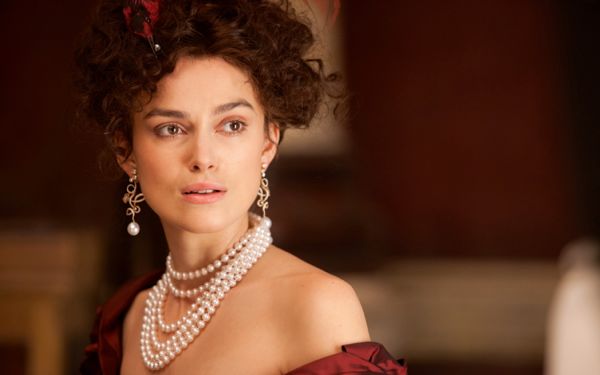
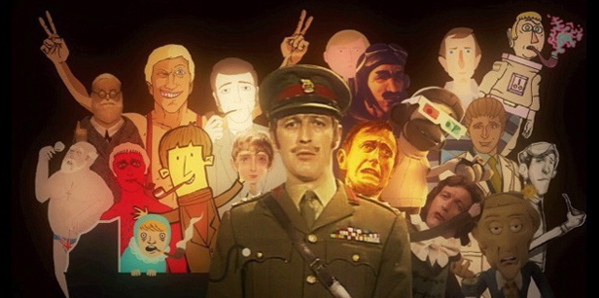
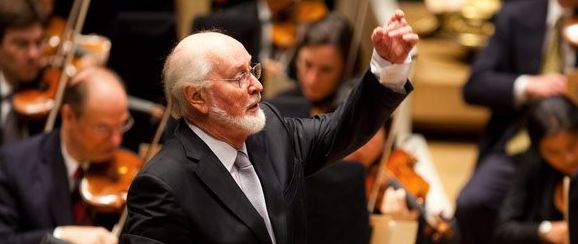
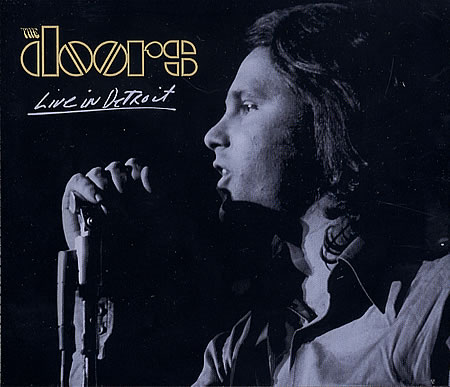
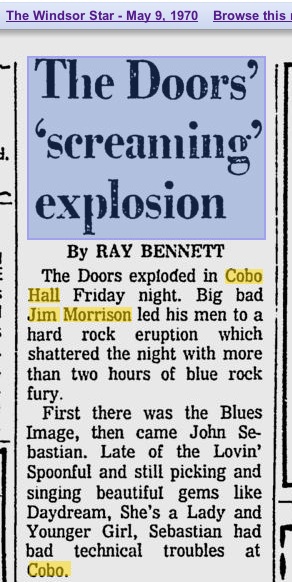
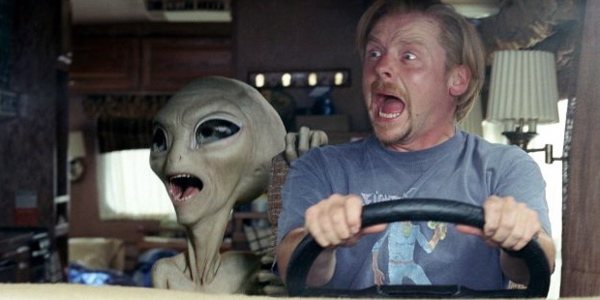
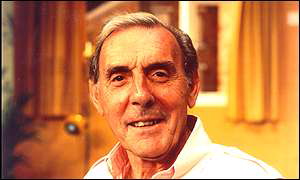
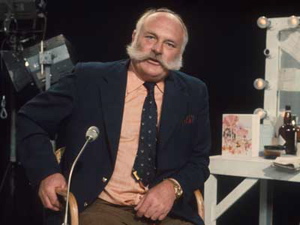
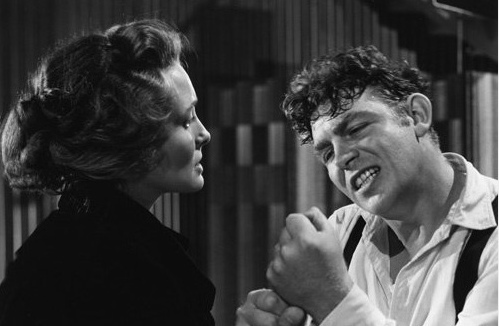
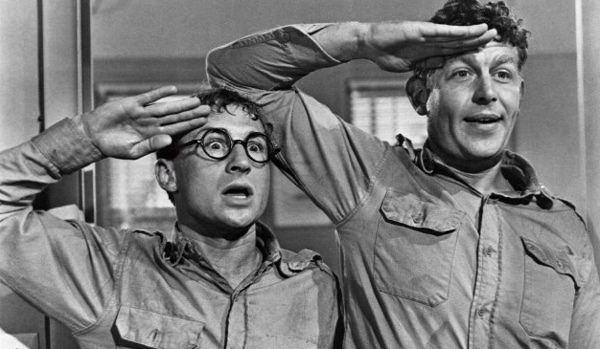
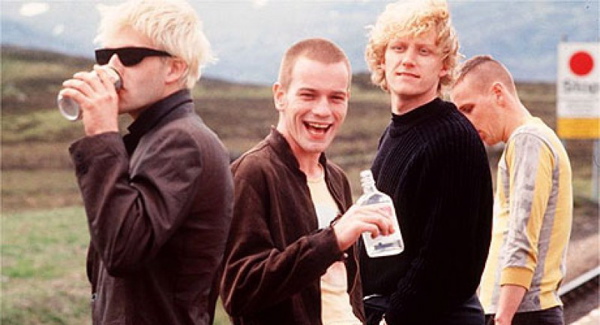
Lancaster, Curtis and La Lollo fly high in ‘Trapeze’
LONDON – One year before Burt Lancaster and Tony Curtis made cynical music together in Alexander Mackendrick’s “Sweet Smell of Success”, they spent some time flying through the air for Carol Reed in “Trapeze”.
The 1956 circus picture is released on DVD in the UK on July 30 by distributor Second Sight and while it’s not as good as their Broadway picture, it has great atmosphere with scenes that show the promise of what Mackendrick was able to draw from the two actors. It was a big hit when it was released originally.
A former circus athlete and still remarkably fit in his mid-40s, Lancaster famously did his own stunts in the picture as veteran trapeze artist Mike Ribble who shows cocky youngster Tino Orsini (Curtis) how to do a triple somersault in mid-air. As the flyer, Curtis had a stuntman (including consultant Eddie Ward from Ringling Brothers) but Reed makes it all seamless.
It’s a fairly hackneyed love triangle but the action is terrific and it’s fun to see Lancaster and Curtis tangle albeit without the kind of biting dialogue they would get the following year from playwright Clifford Odets (“Golden Boy”, “The Big Knife”) and Ernest Lehman (“North by Northwest”).
It’s easy to see why La Lollo made such an impact although she lacks the knock ’em dead looks of Sophia Loren or the stunning beauty and sublime comic timing of Claudia Cardinale. Also, costume designer Veniero Colasanti (“El Cid”), following the Hollywood style of the day, constricts her in stiff outfits that lack any natural femininity.
Katy Jurado gives a typically smouldering turn as Lancaster’s ex-lover, Thomas Gomez is the breezy circus owner and Sid James strolls about to no obvious purpose with a snake draped over his shoulders.
Composer Malcolm Arnold had a very good range and won the Oscar for “The Bridge On the River Kwai” (1957) but he has a thankless task in “Trapeze” as so much of the action is on the high fliers with the traditionally clunky and repetitious circus music.
The film is based on a novel titled “The Killing Frost” by British writer Max Catto, who had a great many of his titles adapted for motion pictures. It’s a surprisingly rich seam of work that includes “A Hill in Korea” (1956) with Stanley Baker, Stephen Boyd and Robert Shaw; Robert Parrish’s “Fire Down Below” (1957) with Robert Mitchum, Rita Hayworth and Jack Lemmon; Lewis Gilbert’s “Ferry to Hong Kong” (1959) with Curt Jurgens, Orson Welles and Sylvia Syms; Henry Hathaway’s “Seven Thieves” (1960) with Rod Steiger, Edward G. Robinson, Eli Wallach and Joan Collins; Mervyn LeRoy’s “The Devil at 4 O’Clock” (1961) with Spencer Tracy and Frank Sinatra, Ronald Neame’s “Mister Moses” (1965) with Robert Mitchum and Carroll Baker, and Peter Yates’ “Murphy’s War” (1971) with Peter O’Toole.
I saw all of them when they were first released and they are well worth a look for one reason or another. Second Sight has a very good catalogue of interesting films on Blu-ray including Hal Ashby’s “8 Million Ways to Die”, written by Oliver Stone and starring Jeff Bridges, Rosanna Arquette and Andy Garcia. After “Trapeze”, perhaps they will consider the other Catto films.